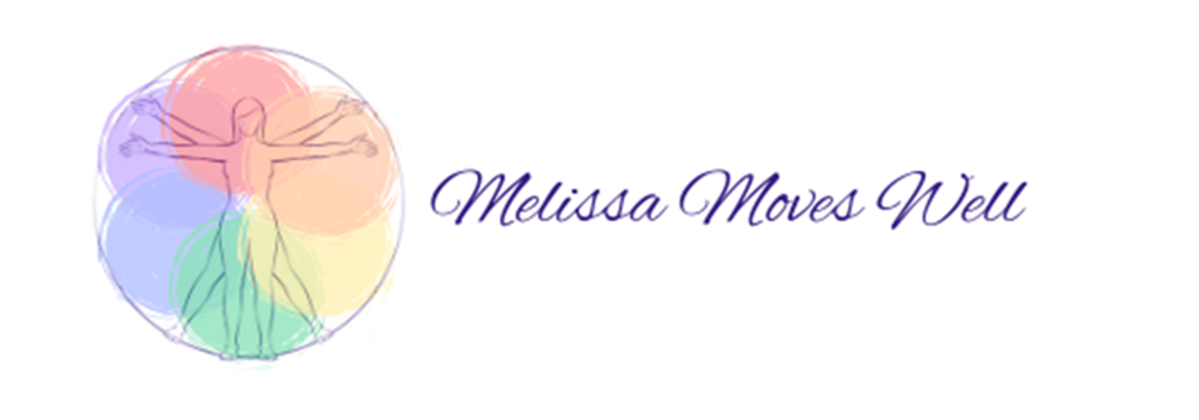
Hello Wellness Warriors! For today’s post, I want to take a broader look at exercise. So often we get caught up in short term goals and exactly what type of exercise is the “best” for helping us. But the truth is all exercise has value, especially with a long game perspective.
Many of you know that I have a Master’s in Exercise Physiology. Many collegiate programs in exercise and kinesiology teach the American College of Sports Medicine (ACSM) guidelines as part of their curricula. I also happen to hold an ACSM certification. More than other certifying organization in the exercise realm, ACSM tends to take the life-long approach to their recommendations. (For the record, this isn’t to say that the other certifying organizations are bad. They aren’t.)
ACSM tends to focus on what exercise can bring across an entire lifespan. They typically make recommendations based on research that backs achieving health. Health as defined by our Physical Health Dimension and the absence of illness or injury. And for over a decade, they have used the tag, “Exercise Is Medicine,” to encourage this.
Which I clearly believe in. I think if you have been around this little corner of the web and read my thoughts about consistency, you’ll know that about me. My particular brand of training and coaching has always been with the long game in mind. My particular brand has also included asking clients what types of exercise they like versus dislike. This question often gets overlooked, but it shouldn’t. Because trying to create a sustainable habit by doing something you dislike is near impossible. And exercise excels when it is done regularly and for the long haul.
Consistent exercise has been shown to reduce the risk of developing just about every major disease of aging (cardiovascular, metabolic, neuromuscular, joint and pain problems, and cancer). If you already have one of these issues, exercise has also been proven to help alleviate symptoms. While historically most of the research has been focused on cardiovascular exercise that is changing. We know that strength training offers huge potential benefits for bone mineral density in women.
We are also finding out that strength training may offer some of the same mental health benefits as traditional cardio. And here is where I think the conversation needs to go. We are talking about relieving the mental burden of “dieting” from a nutrition standpoint. The oppressive thoughts about how many calories something contains or how it might impact body weight or size are being called out.
And we need to do the same with exercise. There is no right and wrong, good and bad. There is exercise that helps us achieve short term physical health. This exercise, while helpful initially, may not be ideal if it leads to drop outs, mental burden, and then a repeat of the same pattern. But any exercise that helps us create a sustainable habit while at the same time attenuating mental fatigue should be encouraged.
So, what does that look like from an exercise standpoint? Well, we should be focused less on what exact type of exercise is going to have us smaller/leaner/etc, especially when we view that exercise as a chore or is otherwise unsustainable. We should be focused more on moving our bodies on a regular basis. We should be focused on finding what types of movement help us feel physically strong while leaving our minds clear. We should be focused on enjoying our workouts and not counting the minutes or reps until we are done. And we should try to find the appreciation for what our bodies can do for us.
All exercise can be helpful. But just as a doctor will prescribe a certain type and dosage of medicine, we should take care to find the type and dosage of exercise medicine that is the most beneficial to both our Physical and Mental Health Dimensions.
What type of exercise allows you to feel your best? Tell us in the comments!

